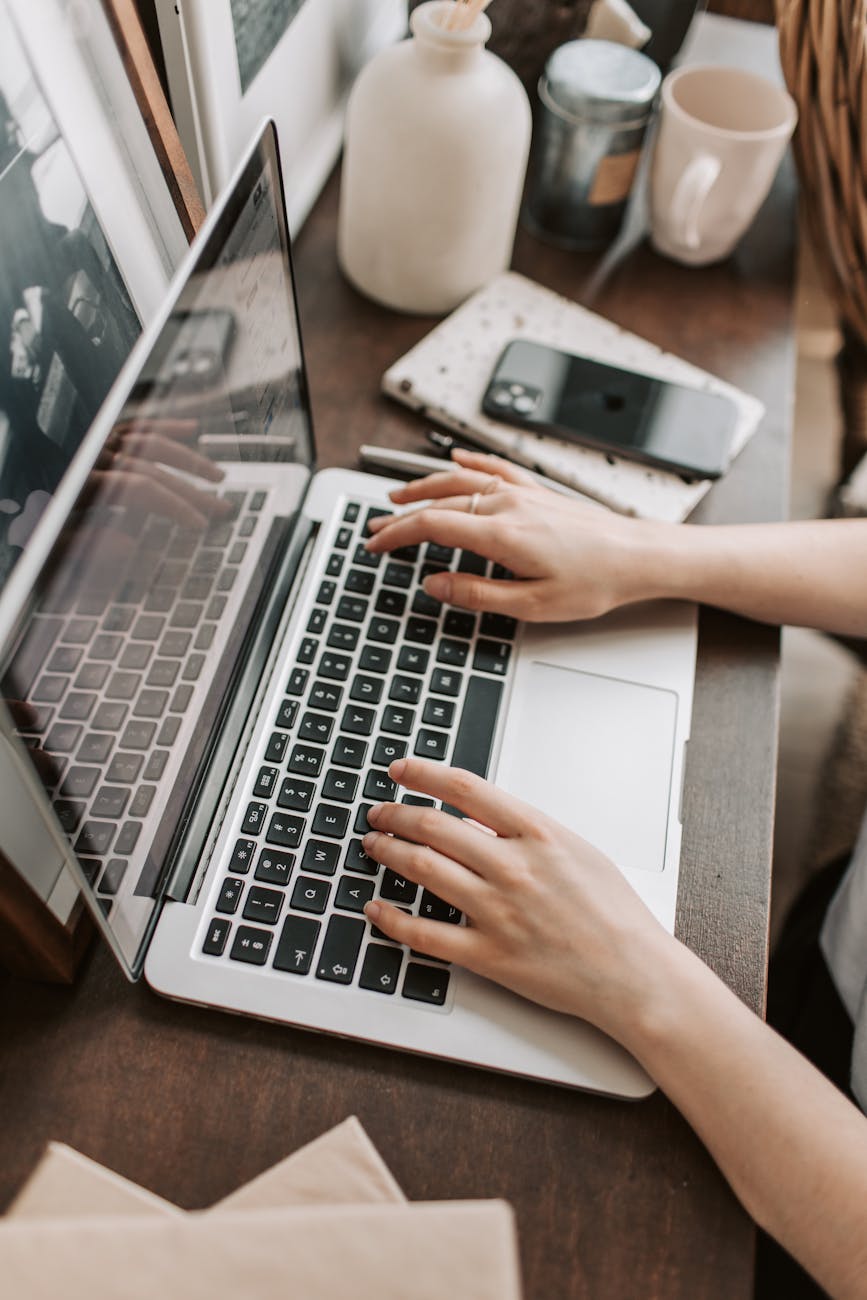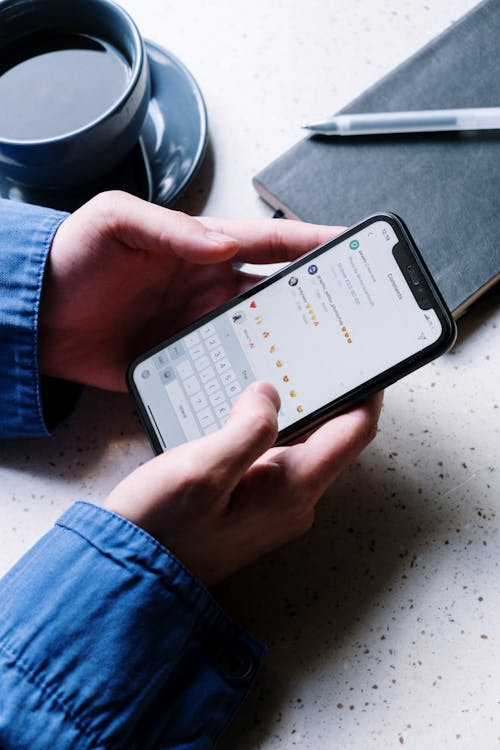6 Things You Can Do to Protect Your Privacy Online
AD| Since the recent Facebook data privacy fiasco, more people than ever are concerned about how their information is used by third-party services. And they are right to be concerned. While you may think that these services are free, you are paying for them on the back end with your data.
Many people would be terrified at the type of information entities like Facebook and Google collect and then sell to the highest bidder. As an internet user, you should know how to avoid getting your information mined and sold to who knows who. Let’s take a look at a few things you can do to protect your privacy online.
Pay Special Attention to Messaging Apps
Messaging apps can get so much information about you and apps like WhatsApp can collect all sorts of information you may not have been aware of. It can even collect things such as purchase history, payment info, and approximate location. The worst part is that it’s all written in their terms and conditions. So, you can’t say that they didn’t warn you or blame them since you’ve agreed to these terms by using these apps.
The good thing, however, is that there are many other apps besides WhatsApp out there and many cater to those who want more privacy. One example is Signal. If you want to know more about this app and how it compares, check out this Signal vs WhatsApp comparison from Setapp. It runs down all the different information that WhatsApp, Facebook, and Telegram, another popular communication tool, are gathering compared to Signal. They also explain why Signal is by far the most private option out of these. Setapp curates apps, so you can find the productivity apps you need quickly and easily.
Another thing you have to pay special attention to is what type of encryption they use. You want to make sure that the provider uses end-to-end encryption. When they say that messages are encrypted, many mean that the message is encrypted on its way from the user’s device, but communications are still stored on their servers. This means that someone could get their hands on them if it gets hacked.
So, make sure that the app uses this form of encryption and decide whether you need to use a special feature for that. Telegram and Facebook Messenger, for instance, require that you open a secret chat to do so.
Use a VPN
VPNs used to be popular in the hacker and dark web world, but they’re now becoming mainstream. And quite frankly, everyone should be using one if they truly care about their security. VPNs allow you to connect to a remote network through a secured connection and navigate from there. So, if your server is located in another country, it will appear as if you are connecting from that location.
This allows you to protect things like your geographical area, for instance. But it’s especially important if you routinely connect to public networks. Your connection will be encrypted and there will be no way for it to be intercepted either by a malicious party or the network provider.
Check Your Privacy Settings on Social Media
Another thing you have to do is head to your Twitter, Instagram, Facebook, and any other social media account you have and check your privacy settings. You may not be aware of it, but these networks collect tons of information about you - Facebook in particular. You may be exposing a lot of your personal information to the public by not adjusting those settings, so we suggest you do it immediately.
Don’t Trust Public Storage with Personal Information
While services like Google Docs and Dropbox are relatively safe, you cannot trust them with sensitive information. You should never store things like passwords or financial information on those. So, if you want to keep sensitive data somewhere, do it in cold storage, or you could compile them in an encrypted archive before uploading them.
Protect Yourself from Cookies
Cookies are one of the best ways for third parties to keep tabs on you. Cookies are used to store things like form information which can be good, but they can also be used to check your browsing history. Retailers also have some sneaky ways to use cookies. For instance, some will use a cookie to identify someone that was shopping for a certain product. If you don’t make the purchase, you might be presented with a special deal next time. Some might even increase the price because you showed interest by coming back multiple times.
If you want to protect yourself from these, you have to routinely erase your browsing history. You can also use incognito mode if your browser has it. This will erase cookies at the end of every session. The issue, however, is that cookies store valuable information. You may not like the idea of having to constantly enter your bank card number or email every time you want to log in. So, you can decide to keep the cookies for the sites you use often.
The GDPR also did a lot to improve transparency when it comes to cookies. While it is a European piece of legislation, many websites have decided to comply with it to avoid trouble when dealing with European users. You’ll notice that many websites will ask you to agree to cookies somewhere on their homepage. Take the time to check the list of cookies, and only agree to those that are beneficial to you. You should also have the option to refuse them all.
Use Robust Passwords
Last, but not least, you have to learn how to create strong passwords. Hackers use software that can generate thousands of passwords in seconds to crack yours, so make sure you don’t use generic words, phrases, or series of numbers. You also want to make sure that it’s long enough (12 characters at least) and uses a combination of lower- and upper-case letters, symbols, and numbers. If you’re worried about memorizing passwords, know that there are plenty of safe password managers out there. These will keep your passwords on your device and secure them through encryption.
As you can see, there are plenty of things that can be done to increase the level of privacy online. The most important part of this is staying informed of the most recent threats and taking the steps necessary to protect yourself.
How do you stay protected online? What privacy and safety methods do you currently use?









0 comments